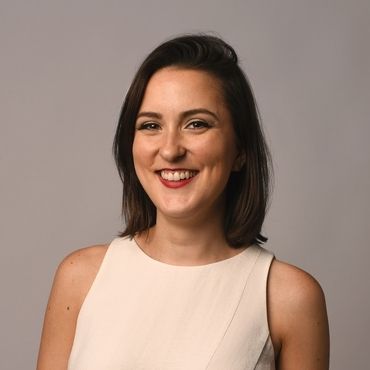The Inter-American Development Bank (IDB) and the Export-Import Bank of Korea (KEXIM) signed an agreement to expand the co-financing of sovereign guaranteed investment loans, whereby KEXIM will provide an additional $300 million in co-financing over the next three years for infrastructure in areas including energy, transportation, and information and communication technology in Latin America and the Caribbean.
These funds will be channeled through Korea’s Economic Development Promotion Facility (EDPF), which promotes economic cooperation with partner countries. It uses funds from KEXIM to provide concessional financing to developing countries with resources from Korea's Ministry of Economy and Finance (MOEF) while preserving the interest rate differential.
The memorandum of understanding builds upon the successful partnership between the IDB, Korea’s Ministry of Economy and Finance (MOEF), and KEXIM through the Korea Infrastructure Development Co-Financing Facility for Latin America and the Caribbean (KIF). KIF has effectively supported co-financing initiatives between the IDB and Korea, enabling sovereign-guaranteed concessional loans for IDB projects.
KIF has grown since its inception, with an additional record replenishment of $1 billion last year, building on three previous funding phases of $900 million in total. To date, $877 million has been allocated across 18 IDB co-financed projects. This year, $107 million has already been approved by the MOEF to fuel the Ecuador Energy Transition Program ($100 million) and the Belize Health System ($7 million), with more projects under review for additional KIF co-financing.
The new partnership will focus on larger scale infrastructure projects than what KIF usually covers. Both EDPF and KIF have concessional terms and conditions that allow the IDB to bring competitive and reduced transaction costs to its clients.
The $300 million in co-financing from EDPF allows for larger ticket sizes ($100-150 million). EDPF rates are also more concessional than IDB loan rates, ranging from 2-3% with 20–30-year amortization and 5-7 years grace. This additional funding will complement the current work with KIF, allowing the selection of additional projects with larger ticket sizes. The additional concessionality provides a blending boost to the IDB resources – making IDB financing more attractive to borrowing country members.
This effort aligns with the objectives of the BID for the Americas program, which aims to increase participation from non-borrowing member countries in IDB-financed projects, through procurement, co-financing, and trade and investment opportunities in Latin America and the Caribbean.
"This agreement not only strengthens our collaborative partnership with Korea but also provides another $300 million in cofinancing resources to bolster infrastructure that will be critical to advancing sustainable development in Latin America and the Caribbean," said Ilan Goldfajn, President of the IDB.
KEXIM Chairman & CEO Hee-sung Yoon added: "The EDPF co-financing MOU will enable the IDB to mobilize additional development resources for the Latin American and Caribbean region, effectively addressing the financing gap for large-scale infrastructure projects. We eagerly anticipate an expanded presence and contribution from Korea and its companies in the region."
About the IDB
The Inter-American Development Bank (IDB), a member of the IDB Group, is devoted to improving lives across Latin America and the Caribbean. Founded in 1959, the IDB works with the region’s public sector to design and enable impactful, innovative solutions for sustainable and inclusive development. Leveraging financing, technical expertise and knowledge, it promotes growth and well-being in 26 countries.
Geraldine García

Andres Cavelier

Strategic Partnerships and Donors
We collaborate with governments, the private sector, foundations and academic institutions to develop resources, extend our reach and share expertise. Our goal is to maximize impact together.